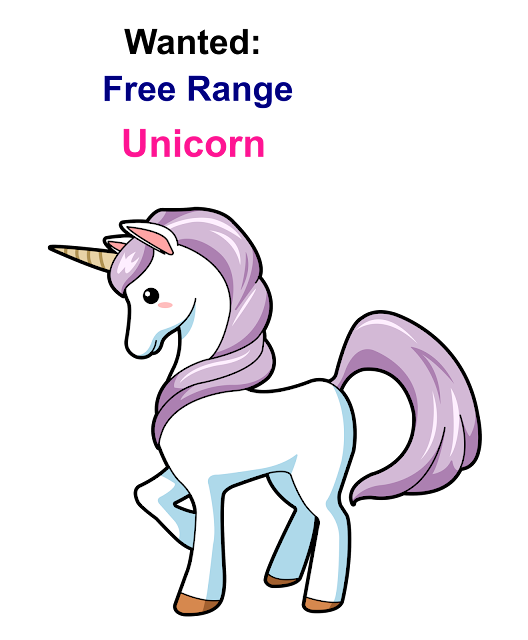When I was growing up, I heard the phrase "the sins of the father are to be laid upon the children" quite a bit at church. As a kid, I thought, "What a ripoff! Kids get in trouble for the crap their parents do???" I mean, I didn't want to end up in hell because of something my parents did. And did this roll down generations like water? Was I responsible for my grandparents' actions as well?
As I got older, I realized two important concepts. First, the quote about "the sins of the father" is actually from Shakespeare's play, "The Merchant of Venice". Yes, I know that Exodus has several passages that convey the same message, but it's Shakespeare's words that you hear today. Second, the sins of the father do pass onto his children, but not in a direct way. I can explain it in two words: role model.
That's right. We, as parents, model everything for our kids, from how we eat, speak, sleep, handle emotions, get angry, handle conflicts,... EVERYTHING you do as a parent effects your children. If you smoke, chances are your children will be smokers. If you are an alcoholic, chances are your children will be alcoholics. If you throw temper tantrums, flinging items around the house, guess what? The item flinging will only get worse as your children begin to emulate you.
Even things you don't do matter. For example, if you and your partner decide not to fight in front of the kids, then your kids have no basis for how to handle conflict as an adult. If you don't show your kid affection with hugs and kisses, he learns to not be physically demonstrative about his feelings.
But the sins of the father goes beyond single family units. The same effect happens between generations. The people in World War II knew what it meant to lack food and items; their children tend to be hoarders. In the fifties, society created this straight-laced image for people to follow. The children of the sixties rebelled against this image.
Today, it's happening again. The militants in Iraq are using the current unrest to attempt to create their own nation. But if you trace the unrest back in time, it began with the United States and our illegal invasion of their country. We invaded because Saddam Hussein refused to verbally acknowledge that he had no weapons of mass destruction. Going back further, we cared about Hussein because he invaded Kuwait in the early 1990s. Ironically, Hussein came into power because the United States and United Kingdom supported a coup by his political party in the 1960s.. But the original "sin" goes back even further, to the time after World War 2. The U.S. and Europe took land from the Palestinians and Arabs and gave it to the Jews, creating Israel. (Note: "Took" is a nice way of saying "stole", but the history books don't use the term "stolen" because the victors write the history of a conflict.)
On top of absconding with land, the U.S. and Europe then divided up the rest of the Middle East with no regard to their own current, informal borders. This resulted in a mixing of all the local ethnic groups, setting the stage for what we have now - countries where the majority takes advantage of the minority until the minority fights back.
Sadly, fighting in the Middle East actually predates the civil war, with the tradition of people handing down their hatred from one generation to another. Of course, we have that here in the United States, as backwardly social people hand down their own hatred of blacks, Hispanics, Asians, and gays to their children.
In the end, it takes the children recognizing the "sin" - whether it's hatred, racism, physical abuse, alcoholism, smoking,... - and stopping the cycle from continuing.








